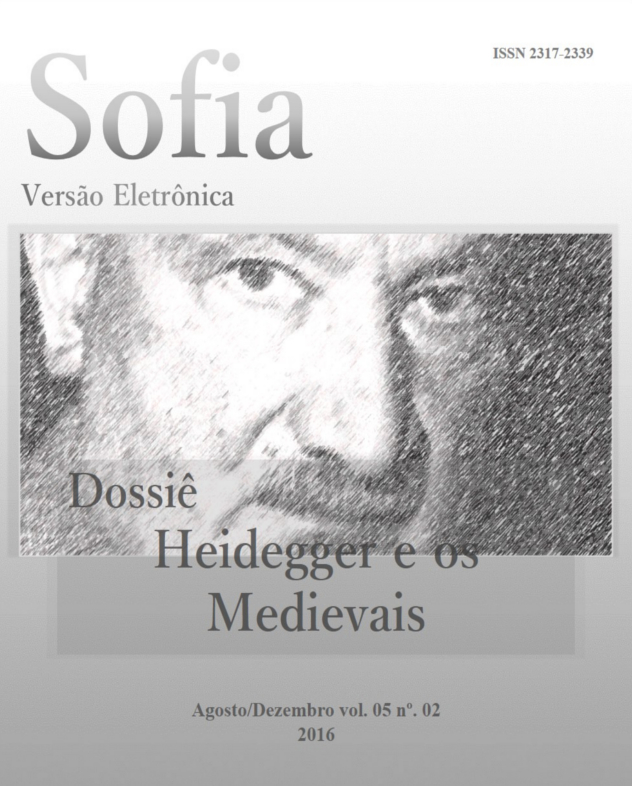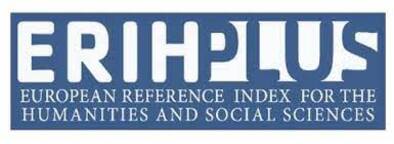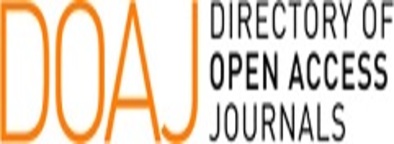Reading Heidegger, Reading Scotus
DOI:
https://doi.org/10.47456/sofia.v5i2.14991Resumo
The young Heidegger finds in his early reading of Duns Scotus and Thomas of Erfurt suggestions from medieval speculative grammar for the solution to the category problem: the limited nature of the Aristotelian ten categories, and how such categories, in their application to only one domain of being, leave out the fore-theoretical sense of life. The elaboration of the fore-theoretical categories of being-in-the-world will occupy Heidegger in the writing of Being and Time. A reading of Heidegger’s Die Kategorien und Bedeutungslehre Duns Scotus reveals not only the origins of the Dasein Analytic in medieval thought but also how Heidegger was from the very beginning on the search for an interpretation of life without God. For manifestly missing from his reading of Scotus is any interpretation of ens infinitum, or the being of God and its relation to finite being.Downloads
Publicado
Edição
Seção
Licença
Copyright (c) 2017 Sofia

Este trabalho está licenciado sob uma licença Creative Commons Attribution-NonCommercial-NoDerivatives 4.0 International License.
Dada a política de acesso público da revista, o uso dos textos publicados é gratuito, com a obrigação de reconhecer a autoria original e a primeira publicação nesta revista. Os autores das contribuições publicadas são inteiramente e exclusivamente responsáveis por seus conteúdos.
I Os autores autorizam a publicação do artigo nesta revista.
II Os autores garantem que a contribuição é original e assumem total responsabilidade pelo seu conteúdo em caso de impugnação por terceiros.
III Os autores garantem que a contribuição não está sob avaliação em outra revista.
IV Os autores mantêm os direitos autorais e concedem à revista o direito de primeira publicação, sendo o trabalho licenciado sob uma Licença Creative Commons Atribuição-BY.
V Os autores são autorizados e incentivados a divulgar e distribuir seu trabalho on-line após a publicação na revista.
VI Os autores dos trabalhos aprovados autorizam a revista a distribuir seu conteúdo, após a publicação, para reprodução em índices de conteúdo, bibliotecas virtuais e similares.
VII Os editores reservam o direito de fazer ajustes no texto e adequar o artigo às normas editoriais da revista.


















